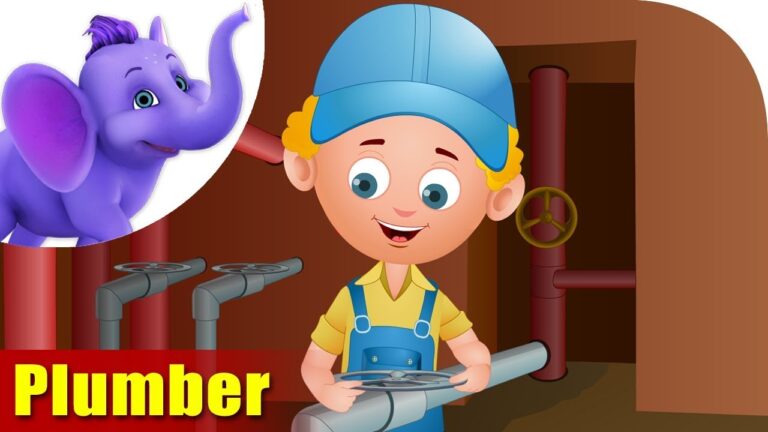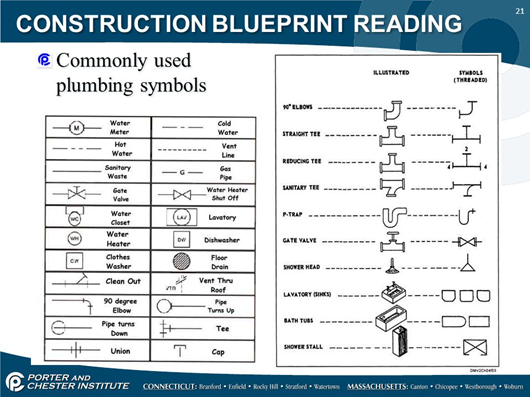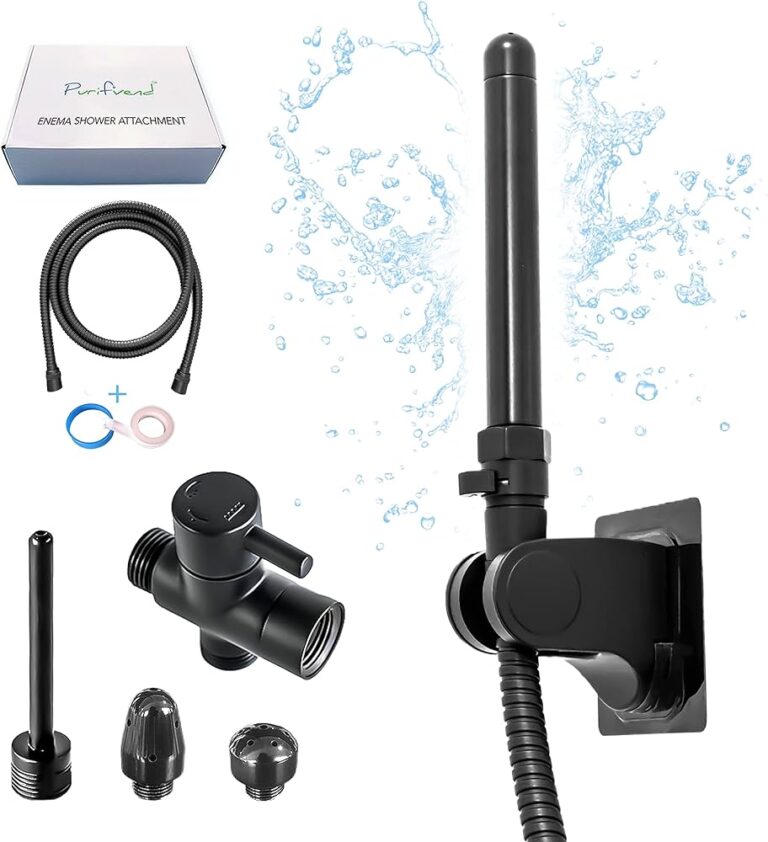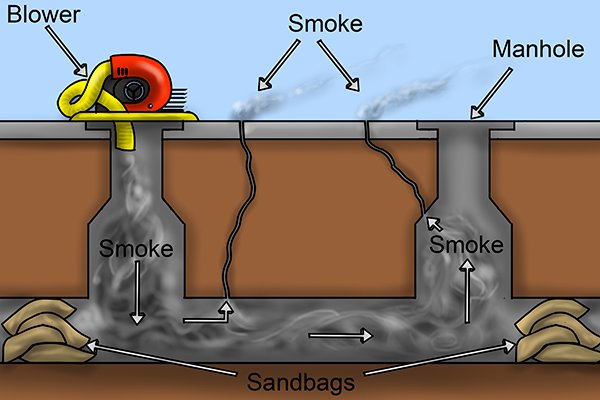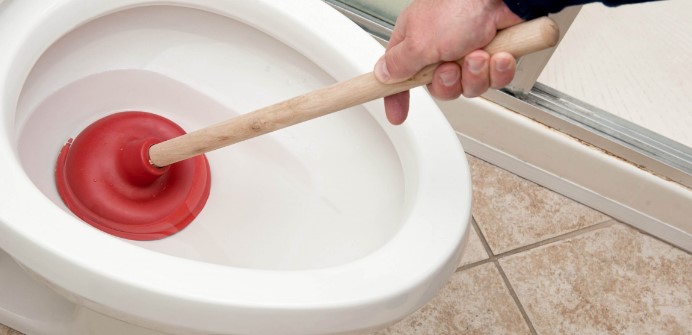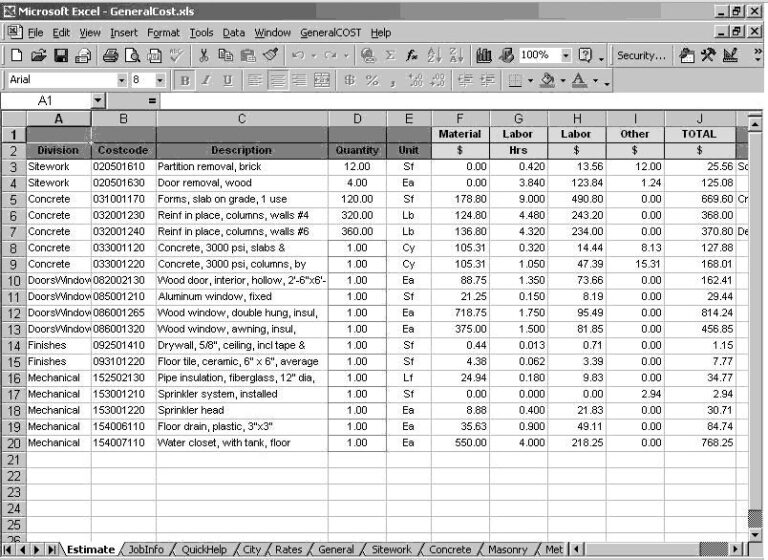What Does Term Plumbing Mean?
Plumbing is a system of pipes, valves, fixtures, and other apparatus used for conveying liquids, gas, and waste. It is a vital part of building construction, and it is important for the safety, comfort, and convenience of people living in buildings. Plumbing is used to provide water for drinking, washing, cooking, and other domestic purposes, and to remove waste from sinks, baths, toilets, and other fixtures. It also has applications in industrial settings, where it is used to regulate the flow of fluids and to power machinery.
Definition of Plumbing
Plumbing is defined as the installation and maintenance of systems used for the distribution of water and the removal of wastewater. This includes fresh water pipes, sewage lines, and drainage systems. Plumbers are often responsible for the installation and repair of fixtures such as toilets, sinks, bathtubs, and showers. In addition, they may be responsible for the installation and maintenance of hot water tanks, sump pumps, and other plumbing related systems. Plumbers may also be responsible for the installation and repair of gas lines, water lines, and other systems used for the distribution of water.
History of Plumbing
The history of plumbing dates back to the ancient world, when civilizations developed drainage systems to manage wastewater and achieve better sanitation. The first recorded example of an organized plumbing system was the Minoan civilization on the island of Crete in 2000 BC. The earliest known use of a flushing toilet was in 1596 in England. Over time, advancements in plumbing technology improved water systems throughout the world, from the invention of the modern flush toilet in 1888 to the development of the first indoor plumbing system in 1829. Plumbing has continued to evolve since then, with the introduction of PVC pipes in the 1960s, and the development of new products and technologies such as tankless water heaters and on-demand hot water dispensers. Today, plumbing is an essential part of modern life, and it will continue to evolve as technology advances.
Types of Plumbing
Plumbing is an essential part of any home or business, and there are many different types of plumbing systems. From residential to commercial, each type of plumbing has its own unique needs and requirements. Residential plumbing typically consists of fixtures like sinks, toilets, showers, and bathtubs. Commercial plumbing systems are typically more specialized and may include piping for water, drainage, gas, and more. From toilets and water heaters to sump pumps and backflow preventers, plumbing systems come in all shapes and sizes. No matter the type of plumbing system, it is important to have a professional plumber install and maintain it to ensure the highest level of efficiency and safety.

Plumbing Regulations
Plumbing regulations are the laws that govern the installation, maintenance, and repair of plumbing systems throughout the home. This includes the water supply, drainage, and sanitation systems. These regulations are designed to ensure that plumbing systems are safe and efficient, and that the environment is protected from any potential contamination. Plumbing regulations are enforced by local governments and must be adhered to when carrying out any plumbing work. Failing to do so can lead to serious consequences, including fines and even criminal charges in some cases. It is important to be aware of the plumbing regulations in your area to ensure that your plumbing work is compliant and safe.
Benefits of Professional Plumbing
Professional plumbing is essential for the smooth functioning of any household or business. It not only ensures the safety of your property but also provides a range of other benefits. From reducing the risk of water damage to saving money on energy bills, professional plumbing can make a huge difference to your home or business. Additionally, it can help your property last longer and maintain its value. Professional plumbing services are essential to ensure that your plumbing is up to date with the latest safety standards and that any potential problems are identified and addressed. Furthermore, professional plumbing services can help you save money on energy bills by improving water pressure and reducing the amount of water wasted. In the long run, professional plumbing can help you save money and ensure your property remains safe and functional for years to come.
Common Plumbing Issues
Common plumbing issues can affect any home at any time. Leaks, clogs, and broken pipes are all common plumbing problems that can quickly become expensive and more difficult to fix. Knowing what to look out for and how to prevent common plumbing issues is the key to keeping your home in top condition. Some of the main causes of plumbing issues are clogged drains, mineral buildup, aging pipes, and tree roots. Clogged drains can be caused by a variety of things ranging from food waste and grease buildup, to foreign objects and hair. Minerals from hard water can build up on the interior of pipes and cause pipes to become blocked or corroded. Aging pipes can become brittle, leading to cracks and leaks. Finally, tree roots can grow into pipes and cause blockages, or even break the pipes. Luckily, these common plumbing issues can be prevented with regular maintenance and repairs.
FAQs About the What Does Term Plumbing Mean?
1. What types of services does a plumber provide?
A plumber is someone who is trained to repair and install plumbing fixtures and systems such as pipes, drains, and fixtures in residential and commercial buildings. Plumbers may also provide maintenance services such as inspecting pipes and fixtures for leaks and making repairs as needed.
2. What kind of experience do plumbers need?
Plumbers need to have experience in a variety of areas including installation, maintenance, and repair of plumbing systems and fixtures. Most plumbers also need to have knowledge of local building codes and regulations, as well as basic knowledge of plumbing tools and materials.
3. Do I need a permit for plumbing work?
In most cases, yes. Before any plumbing work can begin, you will likely need to obtain a permit from your local building department. Depending on the work you are having done, you may also need to hire a licensed professional.
Conclusion
In conclusion, plumbing is a term used to describe the process of installing, repairing, and maintaining the pipes, fixtures, and other necessary equipment used for water distribution and waste water disposal. Plumbers use a variety of tools and techniques to carry out their work, and they must be knowledgeable about local building codes and regulations. The plumbing industry is a vital component of our modern society, providing us with necessary services that keep our homes and businesses running smoothly.


